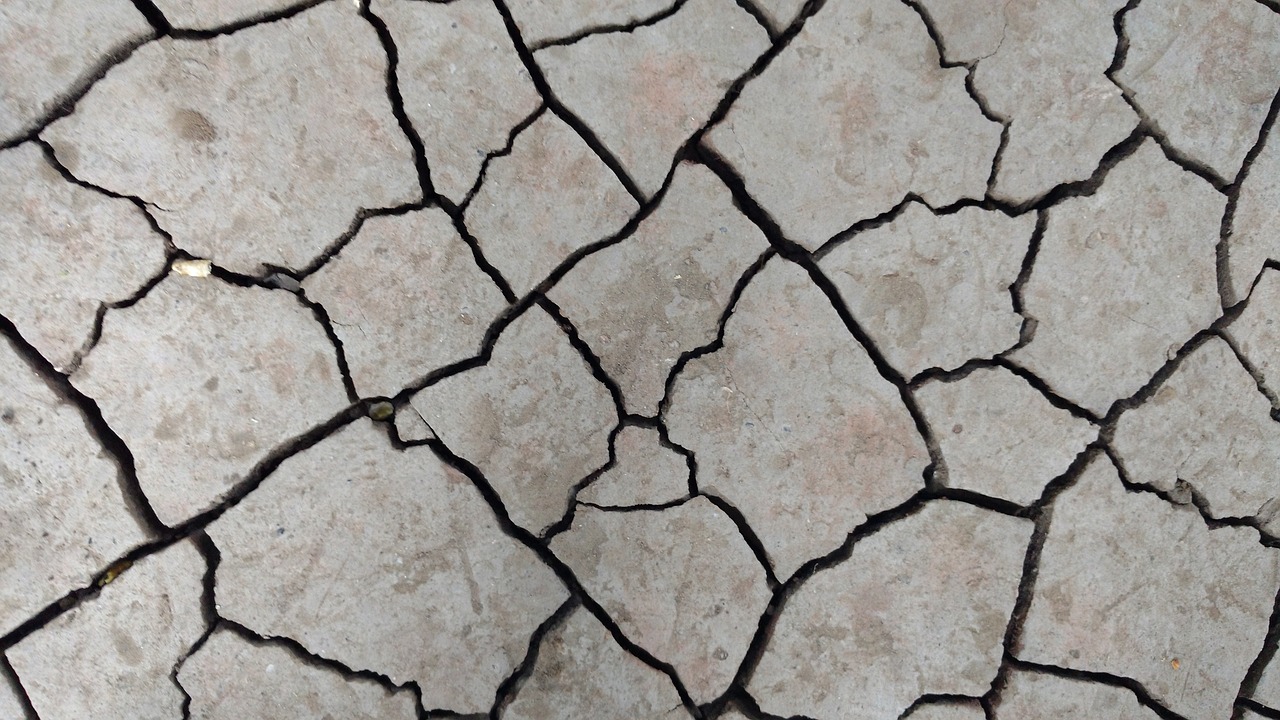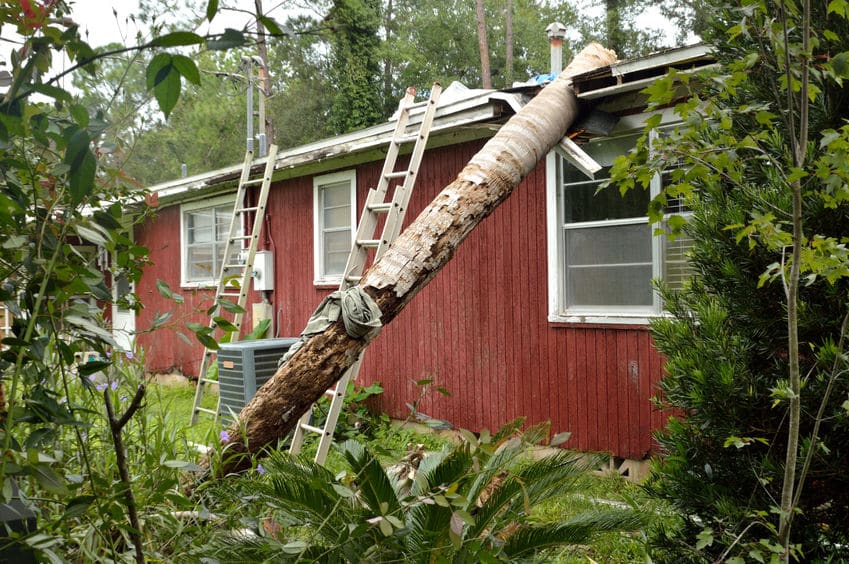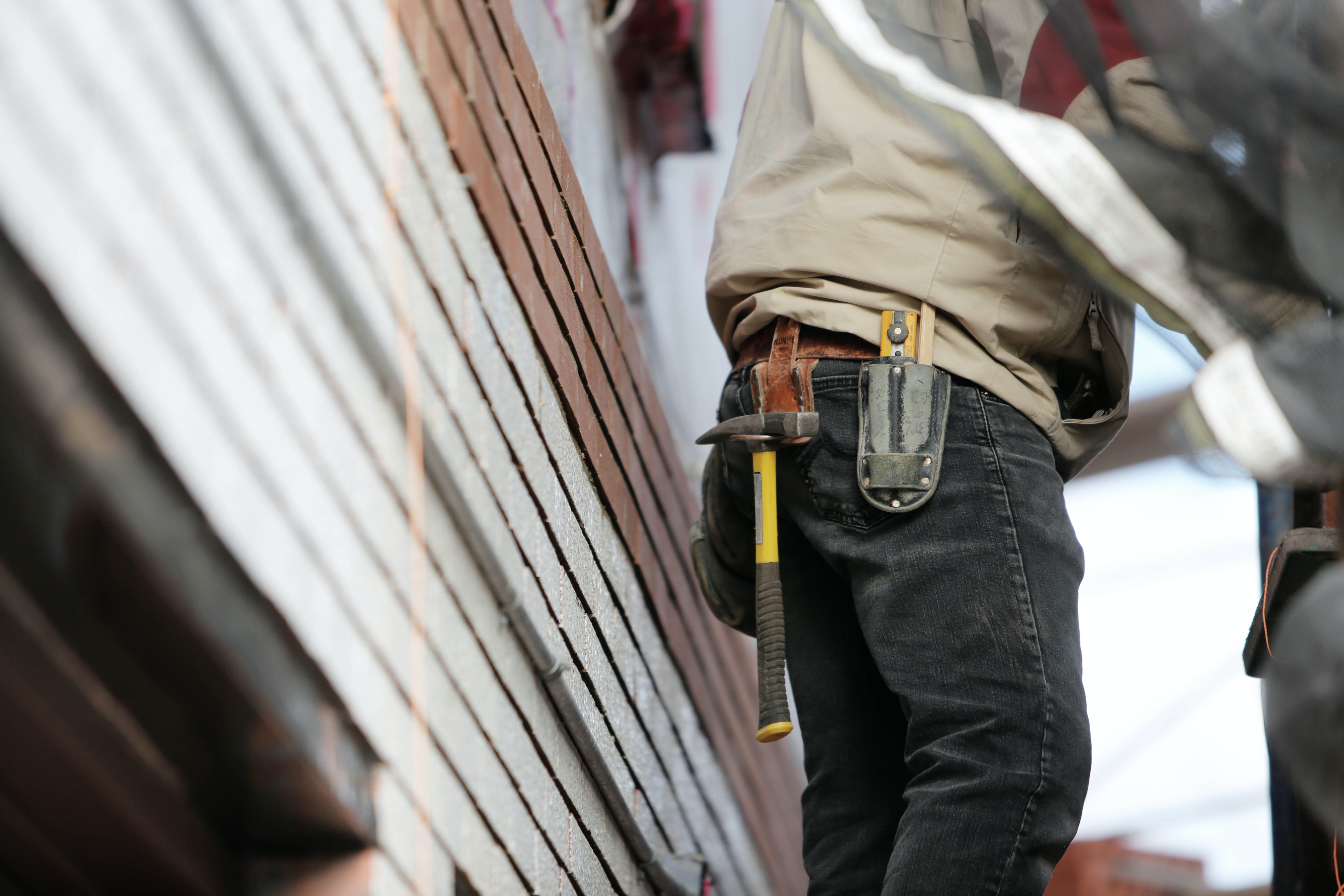
Do I Need Earthquake Insurance for a Nevada Property?
While most of the US is fairly stable, earthquakes are a serious and ongoing worry of the West Coast states. California is the most seismically active state in the US with earthquakes that can shake the ground for hundreds of miles in every direction. This leaves Nevada in a questionable place. Usually, being an inland state ensures that your ground will be stable. But right next door to California can be a shaky place to live.
If you own a home or business in Nevada, it’s important to compare earthquake insurance providers and consider your need for earthquake insurance. It all depends on the location and structure of your building. So do property owners in Nevada need earthquake insurance?
Short Answer: Yes. Nevadans Need Earthquake Insurance
The quickest possible answer is that yes, property owners in Nevada need earthquake insurance. The earthquakes that cause regular trouble with California are the result of tectonic plate shift. California is on the border of the North American and Pacific plates and the seismic activity from that spreads well into Nevada. When California shakes, Nevada will often shake too. Nevada and even Utah have intraplate faults because they are a short distance from the tectonic plate boundary. This means that earthquakes start beneath Nevada that can shake more than one city. Earthquakes in Death Valley are notorious for shaking the state.
In short; Nevada will shake and your property or possessions could be damaged. However, most standard homeowner insurance packages don’t include earthquake insurance. If you want protection from unpredictable foundation-shaking, then earthquake insurance is worth considering.
Earthquake Insurance Coverage
Naturally, the first question is what exactly earthquake insurance has to offer. Every insurance policy type is different with their own way of assessing and offering. So what value does earthquake insurance get you in the unfortunate event of an earthquake? The components include structural repairs, personal property damages, stabilizing the home, and paying for an alternate living situation during repairs. Every policy is different so be sure to check that you are fully covered.
Structural Repairs
The first thing that all earthquake insurance should cover is a structural repair to your home. When the ground shakes, everything rigid about a home can potentially take damage. From the foundation to the roof and everything in between. Earthquake insurance is there to help you pay for repairs when an earthquake damages your home.
Damaged Possessions
The damage an earthquake does isn’t limited to the foundation and walls. Earthquakes can also damage your personal possessions. furniture falls over and larger furniture can crack. Items shake or fall off of their surfaces and take damage. Your insurance should cover possessions up to a certain cap value.
Stability Improvements
Some earthquake insurance policies will also cover improving the stability of your home. They may help you pay to improve the biggest underlying structural risk in your building’s construction. This might include shoring up the foundation or reinforcing with flexible beams.
Alternate Lodgings and Living Expenses
Finally, the best earthquake insurance policies have ALE – Alternate Living Expenses covered. If your home is damaged by an earthquake and is not currently safe to live in, earthquake insurance may cover the cost of staying in a hotel or short-term rental. There are sometimes allotments for restaurant meals when you cannot cook in the home and emergency living supplies purchased while the home is being repaired.
What Isn’t Covered by Earthquake Insurance
Of course, insurance doesn’t always cover everything that you might think is common-sense to be connected. There are a few specific things that earthquake insurance does not cover, so you will want to cover them with alternate insurance policies.
Fire Damage Resulting From Earthquake
If a fire breaks out as a result of the earthquake, the fire damage is not covered by earthquake insurance. If an earthquake causes a fire, you’ll need to make two separate claims, one to your home or fire insurance policy.
Damage to Vehicles
Vehicles that are damaged during the shake-up are not included in your personal possessions coverage through earthquake insurance. This coverage relies on your vehicle insurance policies.
Landscaping Malformations
If a sinkhole opens up or your landscaping is deformed by an earthquake, your earthquake insurance usually will not cover the costs of fixing your yard.
Water Damage
Flooding that comes from burst pipes or quake-related weather is also not covered by earthquake insurance. For this, you’ll need a flood insurance claim to cover water damages. But earthquake insurance might cover plumbing repair.
Who Needs Earthquake Insurance in Nevada?
Nevada is the next-door neighbor to the most earthquake-prone state in the nation and the ground shaking can sometimes extend as far as Utah. All of Nevada is at some minor risk of earthquakes and Western Nevada shakes with greater magnitude and frequency than the rest of the state. The biggest risk of earthquakes is just south of Reno but the most dangerous earthquakes are near Las Vegas where more infrastructure can be damaged. There are also fault lines running through Southern Nevada that occasionally produce dangerous magnitude 6 earthquakes.
Factors That Increase Earthquake Risk to Your Property
- Sandy Soil
- Stone and Brick Construction
- Multi-Story Buildings
- Raised Foundations
- Age of the Home
If you live in Nevada, especially Western and Southern Nevada, then earthquake insurance is something you should strongly consider. Little quakes are shaking the ground all the time and every few years, a larger quake or deferred shocks from a California quake can bring down houses. Earthquake insurance is usually not included in homeowner’s insurance so you’ll want to do your research and compare quotes.
Do You Need Nevada Earthquake Insurance?
If you’re looking into earthquake insurance quotes, contact us today. Our insurance teams can help you examine policies and find the earthquake coverage you need based on the local risk and the features of your home. Be sure to find a policy that includes ALE for alternate living arrangements and augment with fire and flood insurance to cover all earthquake-related damages that might occur. Earthquake insurance is just another part of smart homeownership in Nevada.




